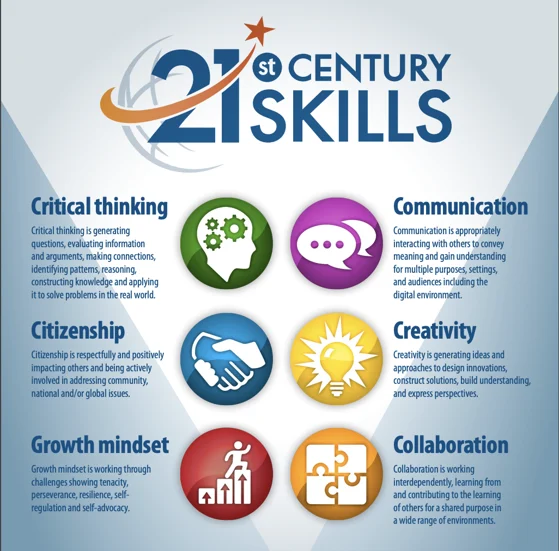

Education in the 21st Century: Challenges and Solutions
Education in the 21st century faces numerous challenges that require innovative solutions to ensure effective learning outcomes. One of the key challenges is the rapid advancement of technology, which has transformed the way we access and consume information.
With the proliferation of smartphones, tablets, and laptops, students now have instant access to a vast amount of information. While this can be beneficial, it also poses a challenge as students need to develop critical thinking and information evaluation skills to discern credible sources from unreliable ones.
Another challenge is the increasing diversity in classrooms. Today's classrooms are more multicultural and inclusive, with students from different backgrounds, abilities, and learning styles. This necessitates the adoption of differentiated teaching methods and personalized learning approaches to cater to individual needs and ensure equal opportunities for all students.
Additionally, the traditional model of education, with its emphasis on rote memorization and standardized testing, is no longer sufficient to prepare students for the complex challenges they will face in the future. The 21st-century education system needs to focus on developing skills such as critical thinking, collaboration, problem-solving, and creativity. These skills are essential for students to thrive in a rapidly changing world.
To address these challenges, several solutions have emerged. One such solution is the integration of technology into the classroom. Interactive whiteboards, educational apps, and online learning platforms can enhance student engagement and provide personalized learning experiences. For example, virtual reality can transport students to historical events or scientific phenomena, making learning more immersive and interactive.
Another solution is the implementation of project-based learning. This approach allows students to work on real-world problems, fostering creativity, collaboration, and critical thinking. By working on projects, students can apply their knowledge and skills in practical contexts, preparing them for future careers.
Furthermore, fostering a culture of lifelong learning is crucial in the 21st century. Education should not be limited to the classroom but should extend to the community and beyond. Encouraging students to pursue their passions, engage in extracurricular activities, and participate in community service can enhance their learning experiences and develop a sense of social responsibility.
References:
- Johnson, L., Adams Becker, S., Estrada, V., and Freeman, A. (2014). NMC Horizon Report: 2014 Higher Education Edition. Austin, Texas: The New Media Consortium.
- World Economic Forum. (2018). The Future of Jobs Report 2018. Retrieved from https://www.weforum.org/reports/the-future-of-jobs-report-2018
Related Posts
© 2025 Invastor. All Rights Reserved

User Comments